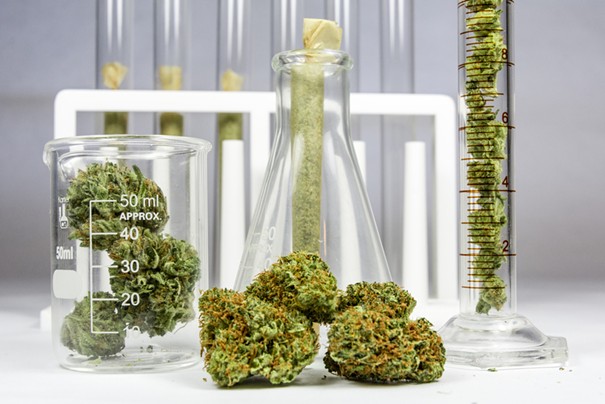Marijuana regulations in Colorado are undergoing some changes.
A series of new rules, mostly stemming from state legislative mandates passed in the last session, were drafted by stakeholders during a series of meetings throughout the late summer and early fall. The state Marijuana Enforcement Division (MED), under the Department of Revenue, is the agency responsible for promulgating and ultimately enforcing the rules.
New rules about the packaging and labeling of marijuana products are already in effect, as are those pertaining to allowable shapes for edibles. Now, a fresh batch of rules is set to take effect on the first day of the new year.
These guidelines take up 195 pages on the retail side and 209 on the medical side. So, we’ll just note the interesting parts.
For starters, there’s the implementation of 2017’s House Bill 1367, which lawmakers passed in May. The law establishes a license that allows for the possession, cultivation and transfer of marijuana for research purposes — along with a bunch of restrictions and regulations. It also lets private entities (be they nonprofit or commercial) work with public entities (be they government or academic) to get clinical studies off the ground. Wannabe licensees need to submit project proposals to a review board, then MED itself for approval.
Studies can vary in subject and scope, including:
• chemical potency and composition levels;
• clinical investigations of marijuana-derived products;
• efficacy and safety of administering marijuana as part of medical treatment;
• genomic research;
• horticultural research;
• agricultural research; or
• marijuana-affiliated products or systems.
The rules only cover medical marijuana, though there’s interest in adding retail. That would have to be written into law during the next legislative session, set to convene Jan. 10. Westword reports that stakeholders may also want to streamline the review process, at least for studies that don’t include human subjects.
The new rules also say that marijuana transported for licensed research projects is subject to the state’s existing inventory tracking system and other transportation-related rules.
The licensing program is a step forward for researchers, who face significant barriers because marijuana is illegal at the federal level. Currently, there’s limited science on the chemistry, pharmacology and other aspects of the state-legal substance, despite growing public interest in the era of recreational marijuana.
The new rules also require more robust testing for pesticides and make tweaks to accommodate marijuana concentrates made with heat/pressure. Click here to read through all the changes for yourself.
credit:csindy.com



